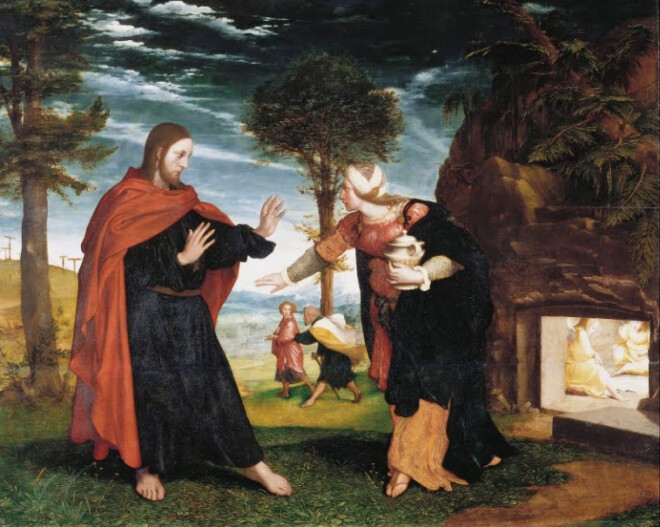Getting Ready for Sunday by the Rev. Erin Jean Warde

Getting ready for Sunday (1 Thessalonians 2:1-8)
In this Sunday’s reading from 1 Thessalonians, we hear an explanation of what evangelism might look like. We hear how the gospel approaches us, on the lips of servants. We read this: “… though we might have made demands as apostles of Christ. But we were gentle among you, like a nurse tenderly caring for her own children. So deeply do we care for you that we are determined to share with you not only the gospel of God but also our own selves, because you have become very dear to us.”
I have both been a recipient of the care of a nurses and doctors, and I have visited enough hospitals to see others receiving the care of nurses and doctors. Yes, this care can be tender, but can also be quite firm. While a nurse may have a gentleness of spirit, an ease in conversation, and a true care for their patient, they have a directive to give the medicine and care prescribed. And it is not prescribed by the patient, but by the doctors and nurses, who—in this situation—are trusted to know best. In many cases of illness, we learn the adage “it will get worse before it gets better” in bodily form.
The gospel can also approach us in this way. The gospel is tender in its eternal love and comfort, but it is also quite firm in its conviction and call. While we might be approached with gentleness of spirit, ease in conversation, and true care for one another, the gospel is not shy in its directive to transform the hearts of the world through the powerful truth of the life, death, and resurrection of Christ. It is equally clear in its proclamation that we, too, face death before our resurrection. And our baptismal covenant is not shy to call our entire lives, as individuals and as the Church, into this powerful and challenging gospel work.
1 Thessalonians also reminds us why—with all its challenges, with all its history, with all its complexity—we would continue to share the gospel at all. Because “so deeply do we care for you that we are determined to share with you not only the gospel of God but also our own selves.”
True evangelism, then, is a sacrificial act. We continue to share this gospel, because we share in the great sacrifice of Jesus Christ, like we also share in the great resurrection of Jesus Christ. Evangelism is not a conversation, it is a conversion, but within it all parties are changed. If we want to be evangelists in this age, encouraged by the weight of the water on our foreheads, we will have to be ready to give our own selves, knowing that when we share this profound gospel of love, it is because we need this gospel just as much as anyone else.
We also must recognize that the gospel is not an empty collection of words; like Jesus became incarnate, the gospel must show up in our lives in both word and deed. God calls me to share the truth of Jesus Christ, because I always need to hear it myself. I cannot share the gospel if I do not confess my own sins, know my own brokenness, and recognize all others around me as my equals. To do anything less would be giving, but not with my whole self. I, too, need this tender gospel care, but I need the firm direction of the gospel just as much. 1 Thessalonians reminds me to love fiercely and to share out of that love sacrificially, and I must do so with the humility of a woman who first had to hear the gospel herself.



